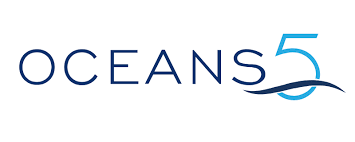Using collaborative and community-based approaches to improve the conservation status of the marine megafauna in the north coast of Cameroon
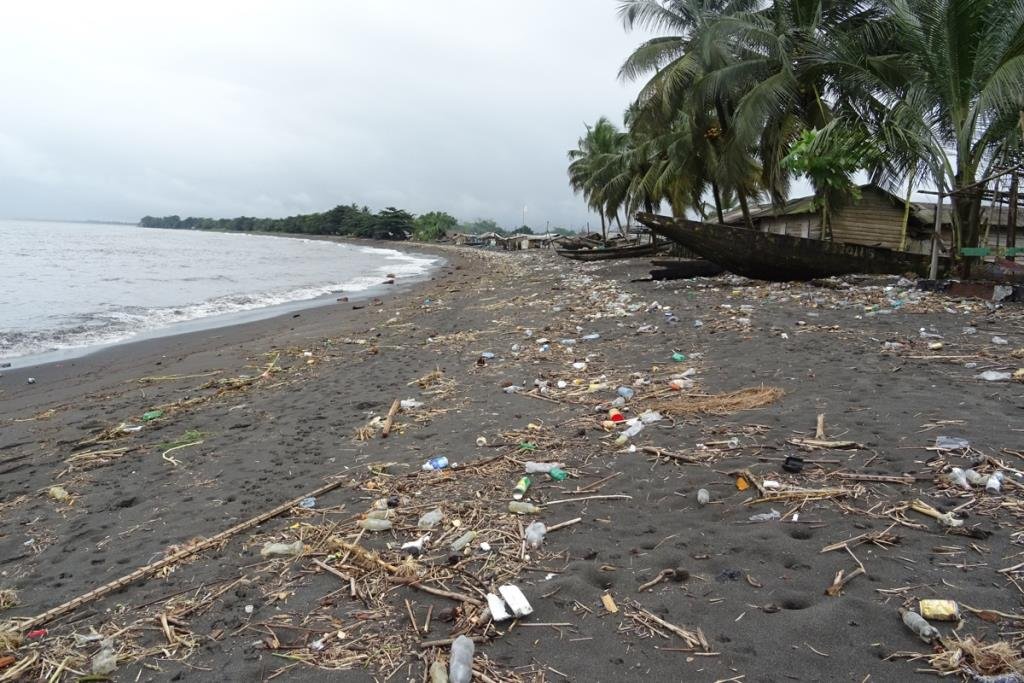
The north shore of Cameroon has a unique terrestrial and marine ecological richness at the foot of the highest mountain in West Africa, Mount Cameroon (4095 m). Aquatic megafauna species such as sea turtles, sharks, dolphins, whales, and manatees are present in this area and play an important role in the ecosystem. Unfortunately, the recurrent mortality of the aquatic megafauna along the coast of Cameroon might be driving down its biodiversity and disrupting the ecosystem balance at different levels. The main potential driving factors leading to its depletion include fishing bycatch caused by poor fisheries management, poaching and habitat degradation.
Concurrently, information on fisheries and on the conservation status of the species are scant and the model of fishery management in effect is poorly understood and implemented. If nothing is done, the aquatic wildlife diversity as well as the available fish stocks might decrease drastically and some population of aquatic megafauna might become locally extinct. Given this situation, our initiatives aim at contributing to an effective integrated and participative management of the marine and coastal ecosystem of the northern coast of Cameroon to ensure the long-term survival of its megafauna. In this project, we set up a baseline socio-biological and economical framework for the establishment of an improved local governance and land-use planning.

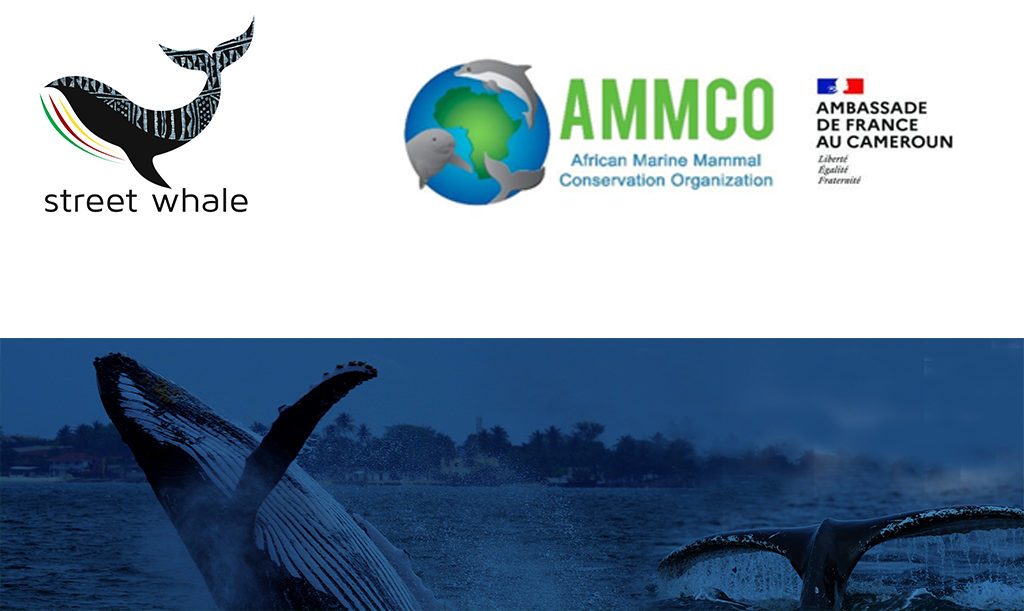

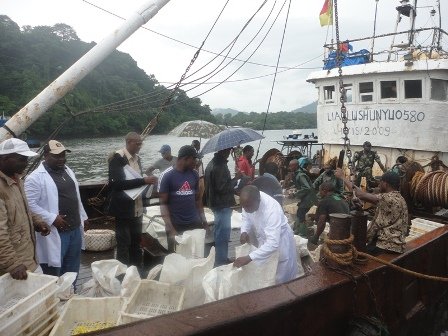



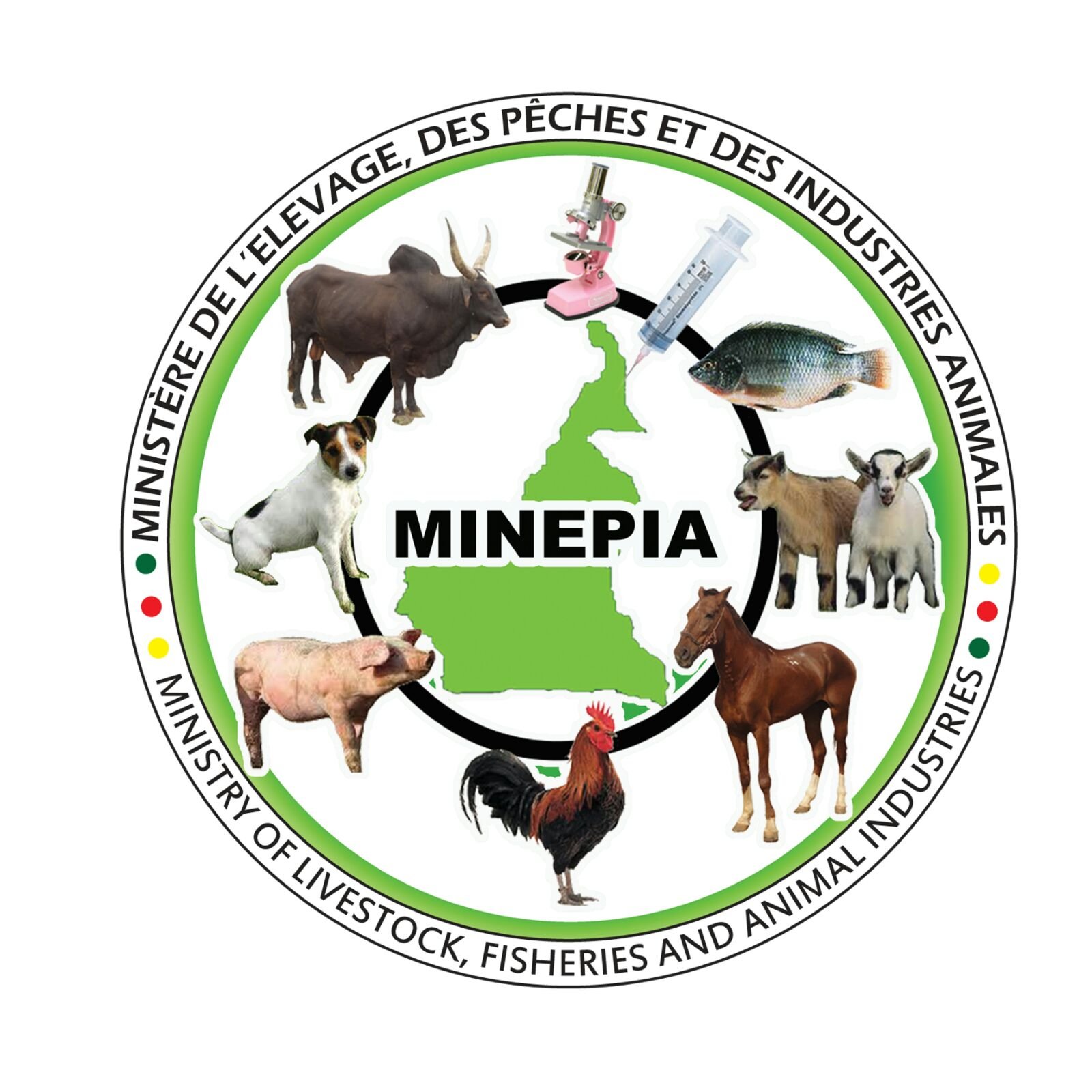
.jpg)

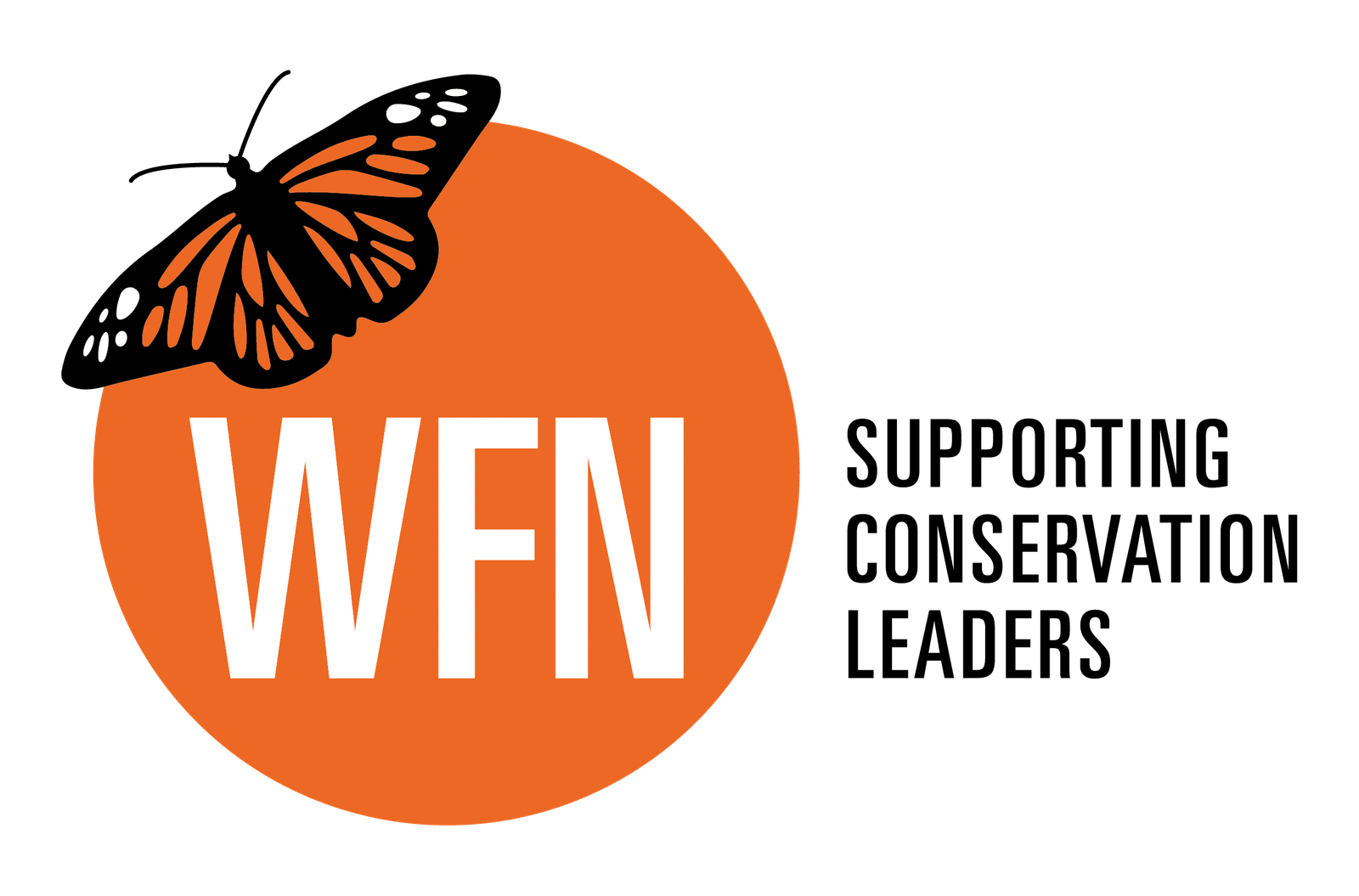

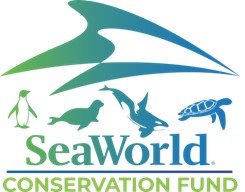








.jpeg)
.jpeg)





